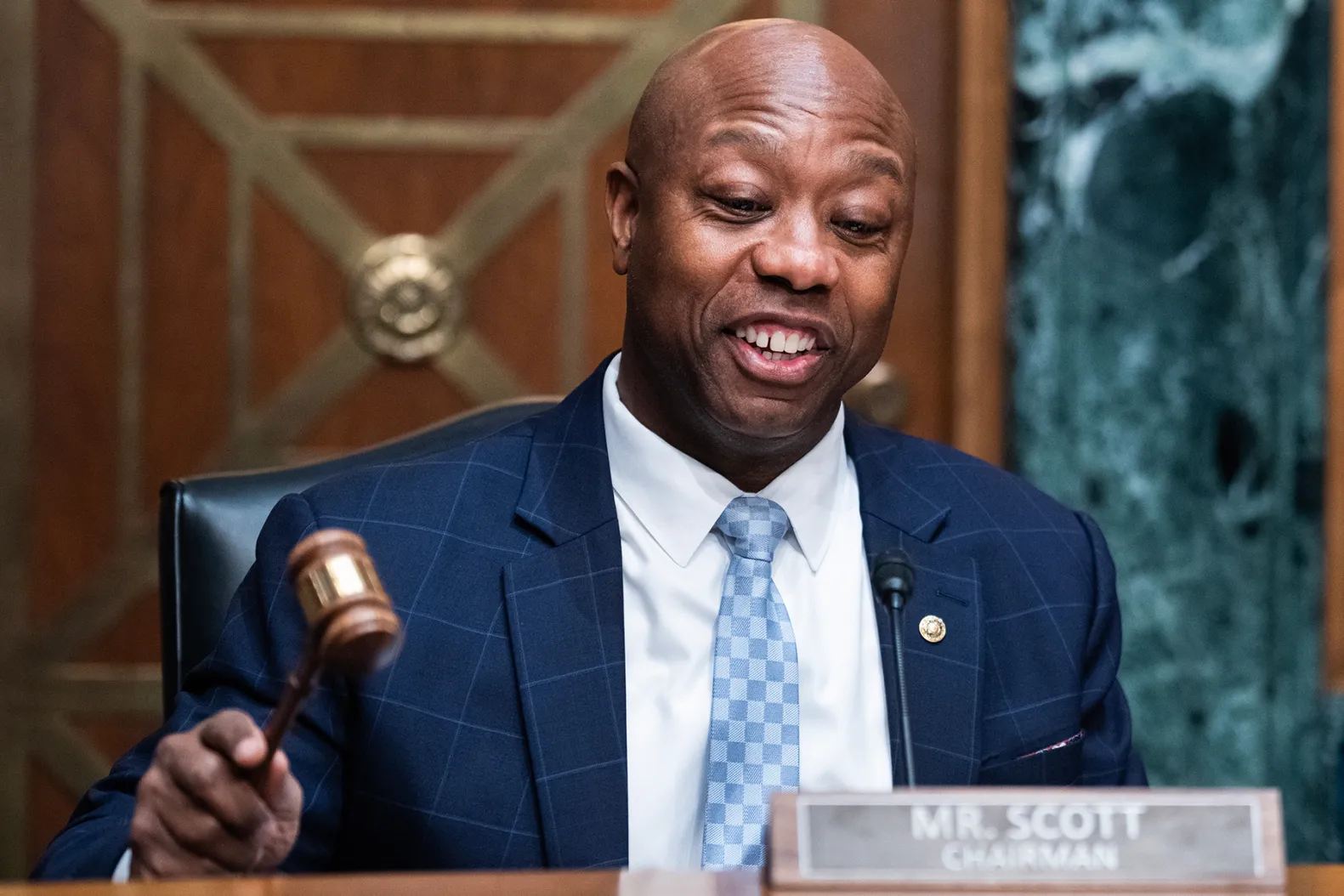March 28, 2025 — In a significant legislative move, the U.S. Senate voted on March 27 to repeal a Consumer Financial Protection Bureau (CFPB) rule that capped bank overdraft fees at $5. The decision has sparked a robust debate between banking advocates and consumer protection groups regarding the implications for American consumers.
Background of the CFPB Rule
In December 2024, the CFPB finalized a rule limiting overdraft fees charged by banks and credit unions with assets exceeding $10 billion to a maximum of $5 per transaction. The Bureau estimated that this cap would save affected households approximately $225 annually. The rule was part of a broader initiative to address so-called “junk fees” and was set to take effect in October 2025.
Senate’s Legislative Action
The repeal measure, led by Senate Banking Committee Chairman Tim Scott (R-S.C.), passed with a 52-48 vote. Senator Scott argued that overturning the CFPB’s overdraft fee structure benefits consumers by preserving access to essential financial services.
Arguments For and Against the Repeal
Supporters of the Repeal:
- American Bankers Association (ABA): The ABA praised the Senate’s decision, asserting that the CFPB’s rule was unlawful and that access to overdraft protection prevents consumers from resorting to less regulated, higher-risk non-bank lenders during financial emergencies.
- Banking Industry Representatives: Advocates contend that the $5 cap could lead banks to limit or eliminate overdraft services, potentially driving consumers toward more expensive and less regulated alternatives.
Opponents of the Repeal:
- Consumer Protection Groups: Organizations like the Center for Responsible Lending criticized the Senate’s action, labeling the legislation as the “High Bank Fees Forever Act.” They argue that the repeal denies much-needed financial relief to families living paycheck-to-paycheck and allows financial institutions to continue imposing excessive fees.
- Senator Raphael Warnock (D-Ga.): Senator Warnock, a proponent of the $5 cap, expressed concern that overturning the rule would exacerbate financial hardships for American families already struggling with economic challenges.
Next Steps and Implications
The companion resolution to repeal the CFPB’s overdraft fee cap has advanced in the House Financial Services Committee and awaits a full House vote. If the House passes the measure and it is signed into law, the CFPB’s rule will be nullified, allowing banks to set their overdraft fees without the imposed cap.
Consumer Considerations
In light of these developments, consumers are advised to monitor their bank account terms and conditions closely. Understanding individual bank policies on overdraft fees and exploring alternatives such as linked savings accounts or overdraft protection programs can help mitigate potential financial impacts.





